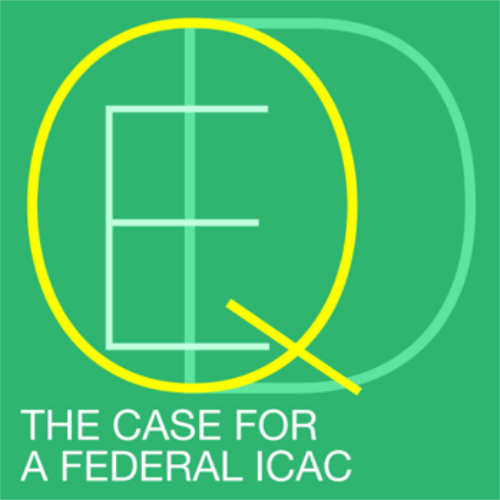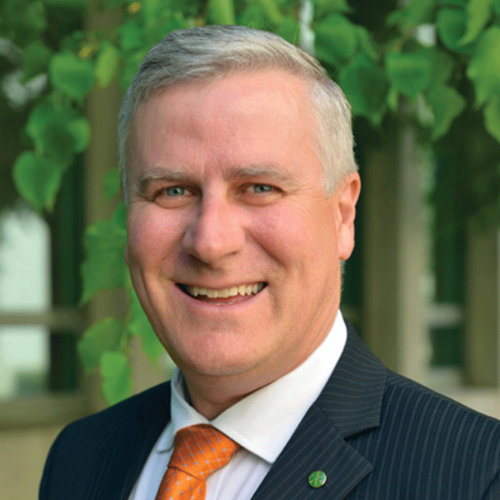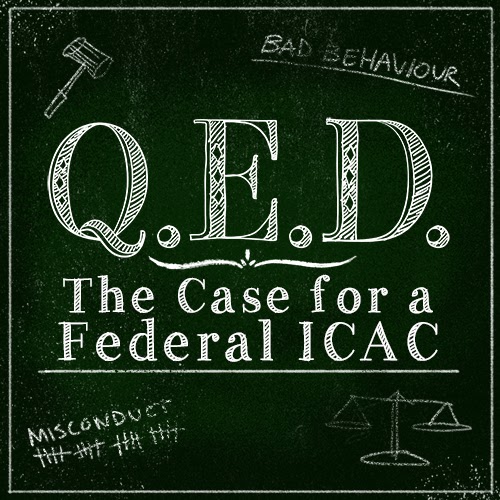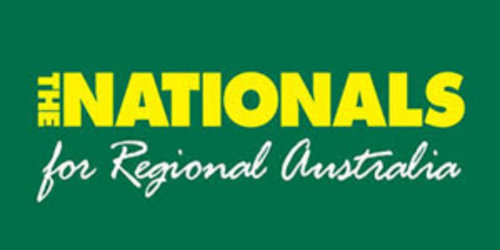McCormack breaches lobbying code to award $2.6m airport grant
May 2019
The deputy prime minister, Michael McCormack, struck a pre-election deal with an unregistered political lobbyist and former Howard Government adviser Andrew Gibbs for a $2.6 million airport upgrade ahead of the launch of the Regional Airports Program (RAP).
McCormack’s direct intervention mirrors Senator Bridget McKenzie in using taxpayers’ money for electioneering. He also breached the Government’s Lobbying Code of Conduct.
The $100 million airports program was announced in the pork-laden 2019-20 Budget, just ahead of the election. It provided grants to upgrade infrastructure and deliver improved aviation safety and access at regional airports.
McCormack and National’s candidate for the regional Victorian seat of Mallee, Dr Anne Webster, followed the Coalition’s election playbook, awarding grants before programs had even got off the ground. Four days before the federal election on 18 May 2019, McCormack announcement a $2.57 million upgrade of the Cohuna airport. This pre-election spend was to boost Webster’s chances of retaining the seat. Webster was a late replacement as the incumbent, Andrew Broad, had crashed ahead of the election courtesy of an international sex scandal.
Andrew Gibbs is Cohuna Aviation Club’s president. Gibbs, a former Howard Government policy adviser, also runs a political consultancy called Primary Policy Partners which is not on the Federal Government’s lobbyist register.
It appears the local council, Gannawarra Shire Council, was also blind-sided by the announcement as the development of the airport is the subject of an ongoing feud between council and Andrew Gibbs representing the Aviation Club.



